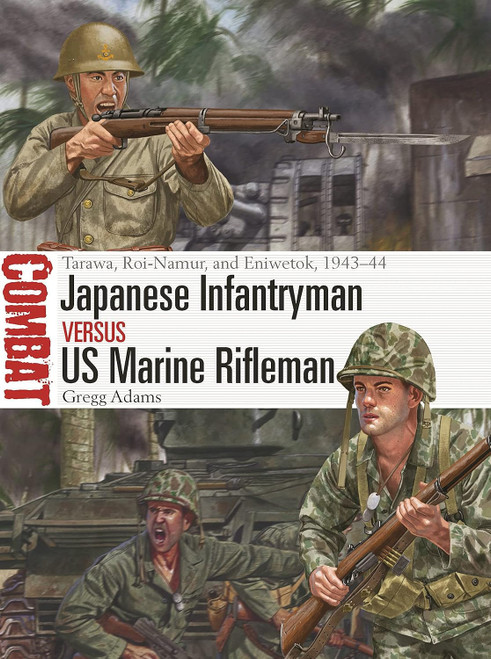Product Description
The Allied airborne and amphibious landings in Normandy on D-Day on June 6, 1944, opened up the long-awaited Second Front against Nazi Germany, but after overcoming the German coastal defenses at Utah and "Bloody Omaha," the US Army found itself having to contest every hedgerow and street in a nightmarish battle of attrition. Even once Normandy had been secured for the Western Allies, the grueling battles on the Siegfried Line, the Ardennes, and elsewhere would test both sides to the limit before the Germans' unconditional surrender of May 1945.
Featuring full-color artwork, specially drawn maps, and archive photographs, this study offers key insights into the tactics, leadership, combat performance, and subsequent reputations of six representative US and German infantry battalions pitched into three pivotal actions that determined the course of the campaign for mastery in Western Europe at the height of World War II.
It was the humble infantrymen of both sides who would play a vital role in taking and holding key objectives, from the hedgerow warfare around the key French port of Cherbourg in June 1944 to the struggle for Übach-Palenberg during the Allies' initial thrust into Germany in October and the savage cold-weather fighting of the Germans' Ardennes counter-offensive that December. Bitter lessons were learned and relearned by a succession of US divisions committed to the fighting, while the Germans found themselves forced to keep battered and under-strength formations in the front line until they were effectively destroyed by the relentless pressure of the Allied advance.






